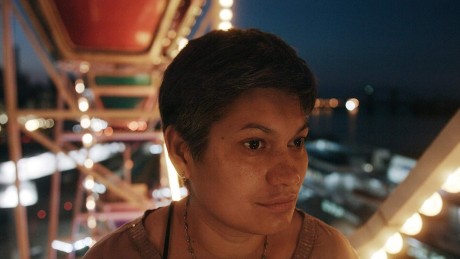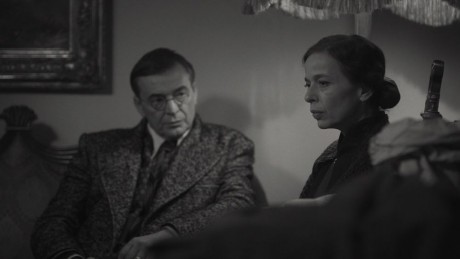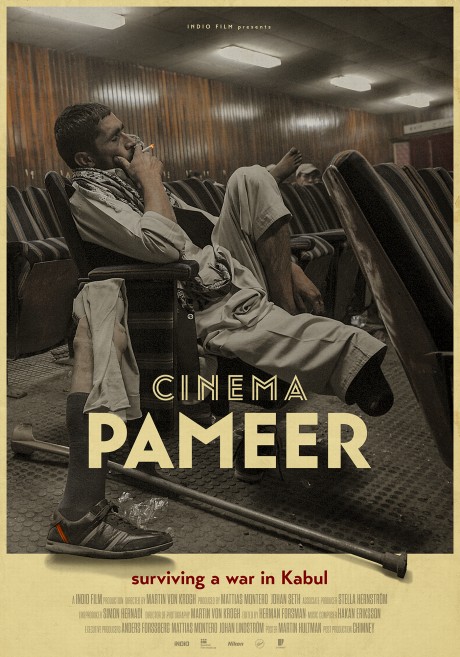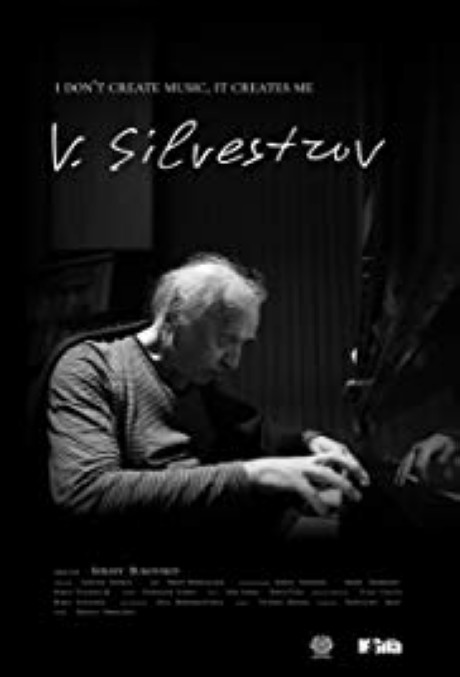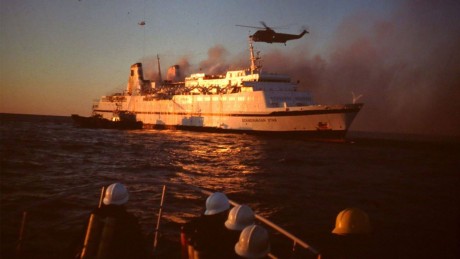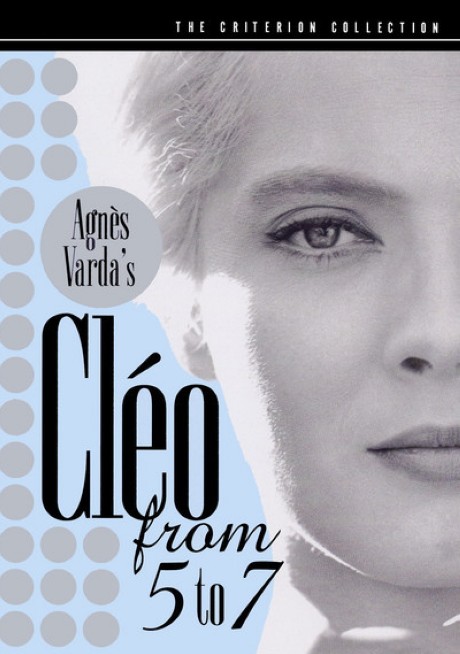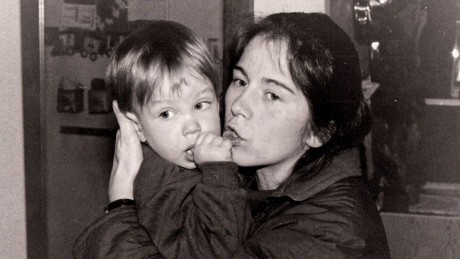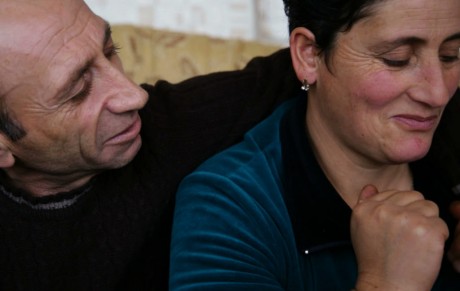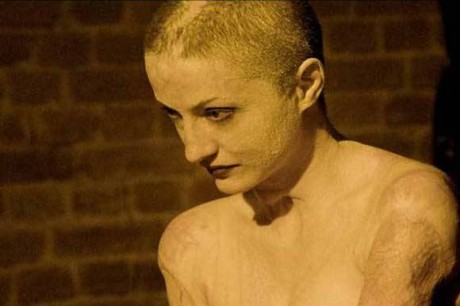


CPH:DOX Online/ Notes
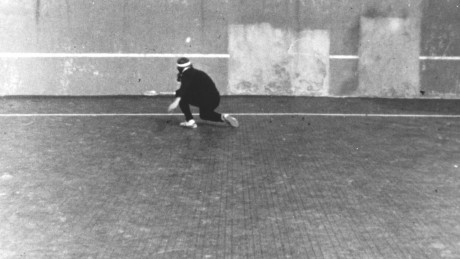
There is a lot of recommendations for the Cph:Dox Online Festival. Here are some more – from my viewing at home yesterday. In English, as many non-Danish film lovers follow what goes on in the digital documentary festival world – where many other festivals give similar access possibilites, like the IDFA in Amsterdam and others.I will try to catch up with some of them on this site. Most of them as notes, some as reviews.
The (yester)day started with an old friend, Charles Aznavour – I have tormented my wife with my versions of ”La Bohème” and ”She” since we saw ”Aznavour By Charles”, a film based primarily on footage, Charles himself shot all over the world with a fine, like his songs, passionate text read in first person by an actor in a film directed by Marc Di Dominico. Plus around twenty songs. Entertaining and informative, breathless rythm.
Lauren Greenfield’s ”The Kingmaker” is in quite another genre with Imelda Marcos as the one in the centre, born in 1929, away from her country after the death of her dictator husband – together they ran the country and built up a fortune placed in banks and buildings all over the world. She is back doing her best to get her son installed BongBong in the presidential entourage. You shake your head watching this story about a ruthless Marcos family. Scary and entertaining to watch, political history from a poor country full of corruption.
And then a film about Jørgen Leth. One more. And a very good one. „Tilfældets Gaver” (English title: „Gifts of Chance”) is the title in a film that could have been called „Masterclass with Jørgen Leth”, who is vigorous and precise, when he talks with enthusiasm about the early films, and his methods, he made with Ole John: „Stopforbud” with Bud Powell, „Motion Picture” (PHOTO) with Torben Ulrich… and going to the bicycle race films… and the fiction „The Good and the Evil”… and his adventure with Lars von Trier and the obstacles. Pure inspiration. A pleasure for all of us JL fans, and a must for all emerging filmmakers. The film is produced by Louisiana Channel, director Kasper Bech Dyg.
And why writing this the festival press releases that the 40 films available will be added by 60 more… chapeau as Aznavour would have said!
